As fun and cool as it is to work in an office with foosball tables, gourmet lunches, massage chair Fridays, and Kegerators on tap 24/7, when employees are asked what they most want from a company culture, those kinds of things are nowhere to be found. In one poll conducted by Fast Company, the top answer was finding meaning in their work. In other polls, people mentioned supportive leadership, purpose, and learning and development. Those things are all crucial to building a team and a culture that’s inspiring and productive. But none of it happens without first building a foundation of physical, mental, emotional, and even spiritual safety in your company culture. Feeling safe at work often goes without saying. And that’s exactly why it cannot be ignored.
Why safety is so critical.
In 1943, American psychologist Abraham Maslow published a paper in the journal Psychological Review called “A Theory of Human Motivation.” In it, Maslow presented his “Hierarchy of Needs,” a theory of psychological health predicated on fulfilling innate human needs in priority, culminating in self-actualization. Maslow’s Hierarchy of Needs is visualized as a pyramid with the most basic needs at the base moving up to our most self-actualized needs at the top. On the bottom are the physiological needs we need to survive – air, food, water, shelter, clothing, sleep. But just above those is safety. Security of body, of employment, of resources, of morality, of the family, of health, of property. Consider those in the context of your team and your culture. Without them, higher, more advanced needs like belonging, friendship, connection, productivity, self-esteem, achievement, and creativity are impossible. Great company cultures start with safety.
Let’s get physical.
Odds are you’ve given some thought to the physical safety of your team. There are locks on the doors to your building. Probably lights in the parking lot. There are fire extinguishers and fire alarms on the walls, and maybe even an AED on premise in the case of a cardiac event. In many ways, the physical safety elements in our workspaces are the easiest to consider. Ironically, the other side of physical safety – the human contact side – is one that often goes undiscussed. In fact, prior to the “Me Too” movement a few years ago, it wasn’t something companies really talked about systemically.







